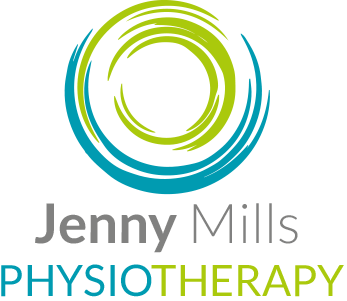Whiplash
From accidents, falls or sport
Whiplash injuries can cause symptoms in the neck and beyond! It can affect many other areas and I would recommend early treatment to prevent long term problems. The right advice and exercises make all the difference to the long term outcome.
Whiplash is a neck injury that occurs when the head is suddenly and forcefully jerked backward and then forward. This rapid back-and-forth movement can strain or injure the neck's soft tissues, including muscles, ligaments, and tendons. Whiplash is commonly associated with motor vehicle accidents, particularly rear-end collisions, but it can also result from sports injuries, falls, or other traumatic events.
Key features of whiplash include:
Symptoms: Common symptoms of whiplash may include neck pain and stiffness, headaches (often starting at the base of the skull), shoulder pain, and pain or numbness in the arms. Some individuals may also experience dizziness, fatigue, or difficulty concentrating.
Onset of Symptoms: The symptoms of whiplash may not be immediately apparent and can develop hours to days after the injury.
Severity: The severity of whiplash can vary, ranging from mild to more severe cases. In some instances, the injury may heal with self-care measures, while others may require medical intervention.
Diagnosis: Healthcare professionals typically diagnose whiplash based on a thorough examination of the patient's symptoms, medical history, and sometimes imaging studies like X-rays or MRI to rule out other potential causes of neck pain.
Treatment Options:
Rest: Giving the neck adequate rest in the initial stages of injury is important.
Ice and Heat: Applying ice to the affected area in the first 24-48 hours can help reduce swelling, followed by heat to ease muscle tension.
Pain Medications: Over-the-counter pain relievers or prescription medications may be used to manage pain and inflammation.
Neck Brace or Collar: In some cases, a neck brace or collar may be recommended to provide support and limit movement during the initial stages of healing.
Physiotherapy: Gentle exercises and stretches may be prescribed to improve neck strength and flexibility.
Acupuncture: effective for settling pain and stiffness
Most cases of whiplash improve with time and conservative treatments. However, in more severe cases, or when symptoms persist, healthcare professionals may consider additional interventions.
If you suspect you have whiplash or are experiencing neck pain after a traumatic event, it's important to consult with a healthcare professional for an accurate diagnosis and appropriate treatment plan. Early intervention can help manage symptoms and promote a smoother recovery.
For bookings or information:
Please contact for any further help. Often just 1 or 2 sessions is all that is needed , no commitment to a long course of treatment.
Cost
Initial assessment with treatment £50 (allow 45 to 50 minutes)
Follow up session £45 (allow 30 minutes)
Sports massage £45 for 30 minutes
Yoga 1 to 1 or 2 tuition
£30 for 45 minutes

